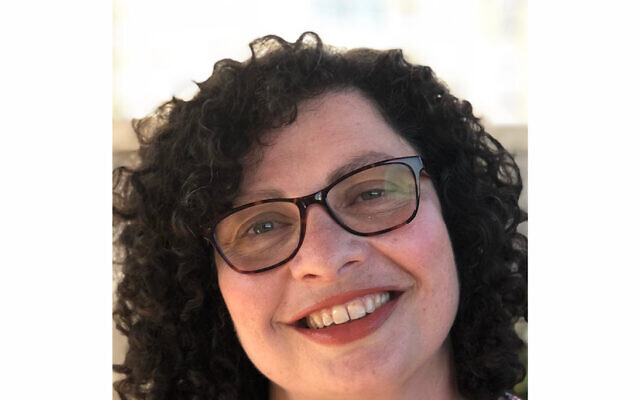Between Loss and Love
The Jewish month of Av, which, this year overlaps with August, begins by heightening our sense of collective loss.
A friend recently lost a parent. We spoke near the end of the Shiva, and she explained that after she concluded the seven days of mourning, she would be heading to a family wedding.
“I know it is not kosher,” she explained, speaking to the custom of refraining from festivities after the death of a loved one, “but I feel like this is what my father would want.” She was leaning into her loss with a celebration of familial love.
We exist between loss and love.
The Jewish month of Av, which, this year overlaps with August, begins by heightening our sense of collective loss. The holiday of Tisha B’Av, on the ninth of Av, commemorates the destruction of the Holy Temple in Jerusalem. Tradition has us fasting, sitting on the floor and refraining from basic social niceties.
We are physically isolated and bereft in the here and now. We read the biblical book of Lamentations, which graphically describes the physical and metaphysical ravaging of the city and the relationship between God and the people of Israel. The unpleasant language and metaphors are unsettling. The Temple and its extraordinary beauty are gone, and so is our covenant with the divine. It is loss upon loss.
And then, on the 15th of Av, less than a week later, we celebrate the holiday of Tu B’Av. The day, in ancient Israel, when matches were made, and love became a possibility.
Loss often leaves us hopeless; choosing love, despite its potential for loss, is ultimately a hopeful act. And, in Jewish life, the two are rarely disconnected.
At Jewish weddings, we break a glass and shout, “Mazal Tov.” The most traditional understanding of this tradition is that it recalls the destruction of the Holy Temple in Jerusalem. Because, even at our most joyful moment, when we commit ourselves to a long life with a beloved, we cannot forget how fragile life can be.
My grandparents met at a dance for Jewish singles. Right after the fast of Yom Kippur, my grandfather drove across many miles of unpaved roads to attend this annual party; he hoped to find a match. As it says in the Mishnah, “There were no better (i.e., happier) days for the people of Israel than the Fifteenth of Av and Yom Kippur since on these days the daughters of Israel/Jerusalem go out dressed in white and dance in the vineyards.” From the despair of Yom Kippur, a day in our tradition when we dwell on the limits of our mortality, my grandparents went forth and joyfully found each other.
My grandparents had over 60 meaningful years together; but there was never guaranteed protection against heartbreak. The moment we open ourselves to the joys of human love and connection, we inevitably make ourselves vulnerable to loss. Judaism does not shy away from the realities of tragedy and the toll they take on us.
But, in its rhythms, it teaches us resilience, reminding us that even when we face loss we have the potential to embrace hope and the loving potential of human life.




comments